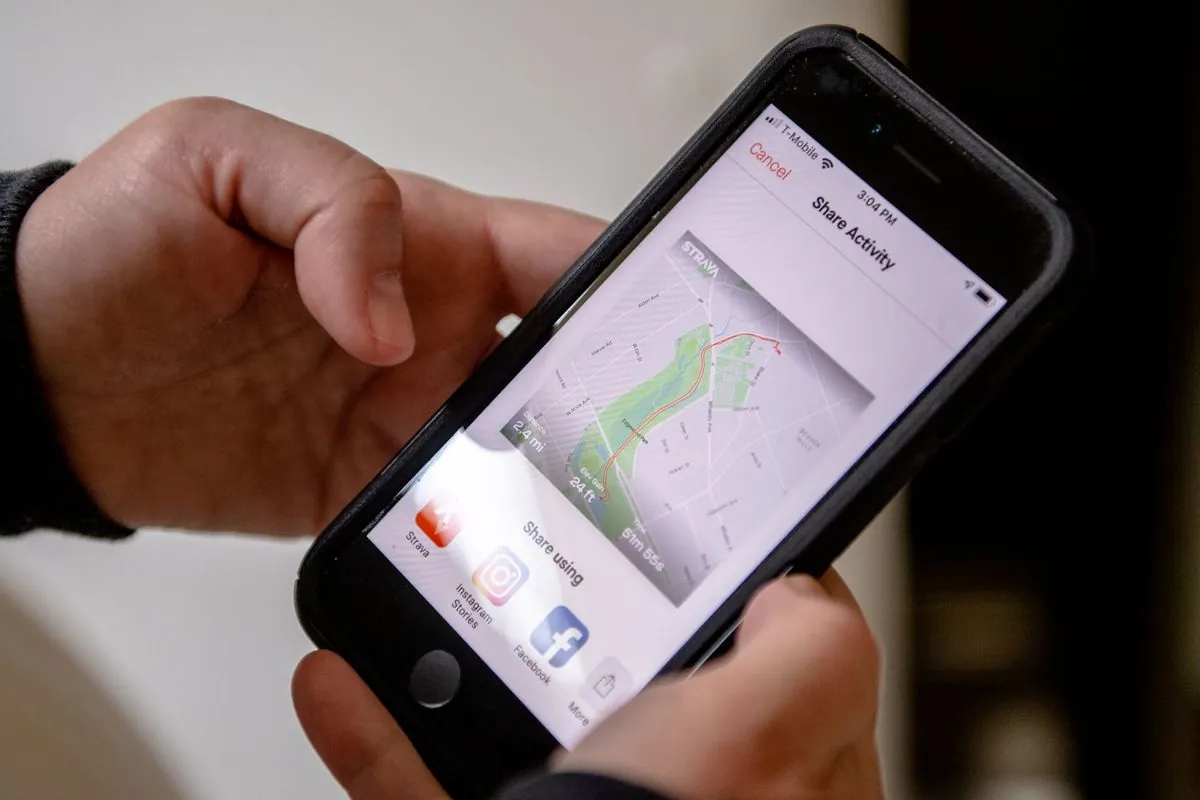The fitness tracking app Strava has recently faced a new challenge: users employing "mules" to falsely claim athletic achievements. This practice involves paying individuals to complete activities on behalf of the account holder, aiming to accumulate unearned "kudos" - the platform's equivalent of social media likes.
Strava, founded in 2009 by Michael Horvath and Mark Gainey, has grown significantly since its inception. The app, whose name derives from the Swedish word for "strive," now boasts over 120 million users, more than doubling its user base of 55 million in 2020. This surge in popularity has made it a prime target for those seeking to inflate their athletic prowess artificially.
The "mule" service operates in various ways. Some providers offer access to a network of athletes who charge per kilometer or mile for running or cycling activities. For instance, one London-based account claimed to have a global network charging £0.25 per kilometer for runs and £0.10 per kilometer for cycling. This means a client could pay just over £16 for a 100-mile cycle ride, completed by a "mule" in over seven hours.
Interestingly, these "mules" don't always aim for peak performance. One U.S.-based runner, promoting his services on TikTok, explained that clients often request slower times to create the illusion of gradual improvement. This deception extends beyond just impressing followers; some clients even ask "mules" to send messages and photos to spouses, maintaining the charade of personal activity.
Strava's popularity extends to professional athletes as well. For example, Russell Cook, known as "Hardest Geezer," used the app to document his 16,300km run across Africa over 352 days. The app's features, including "Local Legends" and "Segments," have contributed to its appeal among fitness enthusiasts.
However, the company has faced challenges beyond the "mule" issue. Strava's "heat maps" have raised security concerns for military bases, and the platform has dealt with privacy issues and lawsuits related to data sharing. Despite these hurdles, the app continues to innovate, introducing features like "Beacon" for real-time location sharing and employing machine learning to improve activity classifications.
In response to the "mule" phenomenon, a Strava spokesperson stated:
"Part of the platform's magic comes from the authenticity of our global community in uploading an activity, giving kudos, or engaging in a club. As required by our terms of service, Strava athletes agree to create only one account for their personal use and not share their account or Strava credentials with others."
The company has made it clear that accounts found violating these terms, including sharing account information or misrepresenting activities, will face suspension.
As running experiences a surge in popularity, evidenced by the record-breaking 840,318 people entering the ballot for next year's London Marathon, the integrity of platforms like Strava becomes increasingly crucial. The challenge now lies in maintaining the authenticity that has made the app successful while addressing the creative ways users attempt to game the system.
